Find Help
More Items From Ergsy search
-
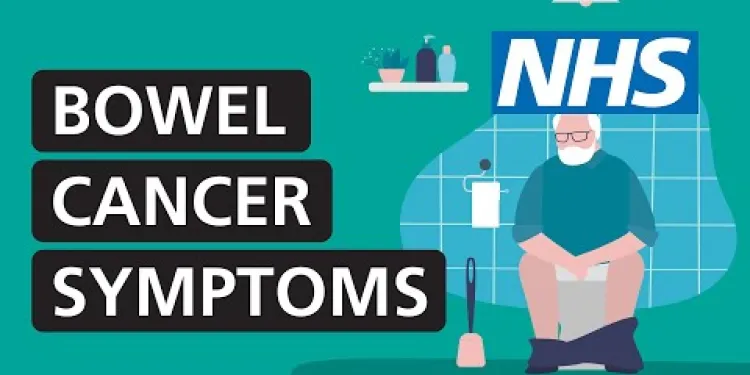
Bleeding from the bottom rectal bleeding
Relevance: 100%
-

Bleeding from the bottom rectal bleeding
Relevance: 97%
-
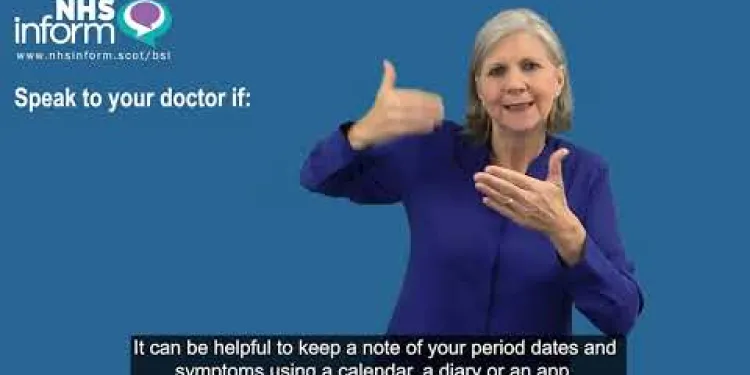
Heavy periods (heavy menstrual bleeding)
Relevance: 42%
-
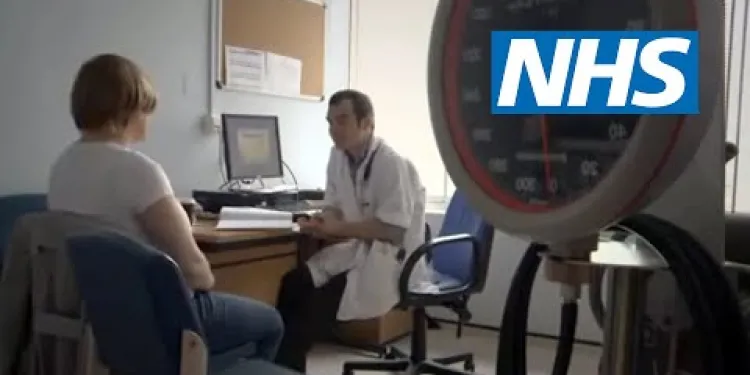
What should I do if I start bleeding during early pregnancy? | NHS
Relevance: 39%
-
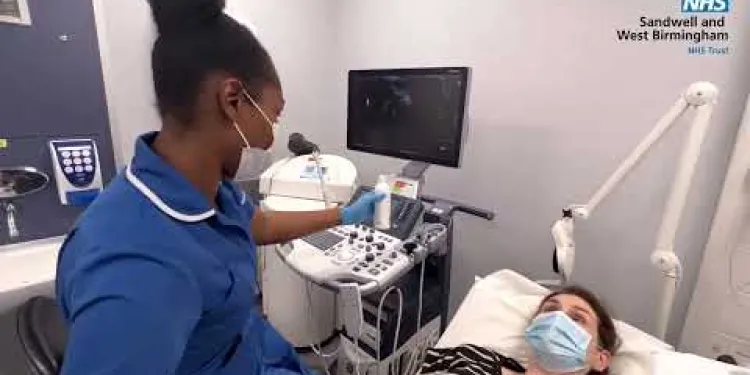
Post Menopausal Bleeding Clinic | A Guide to What Happens at An Appointment
Relevance: 37%
-
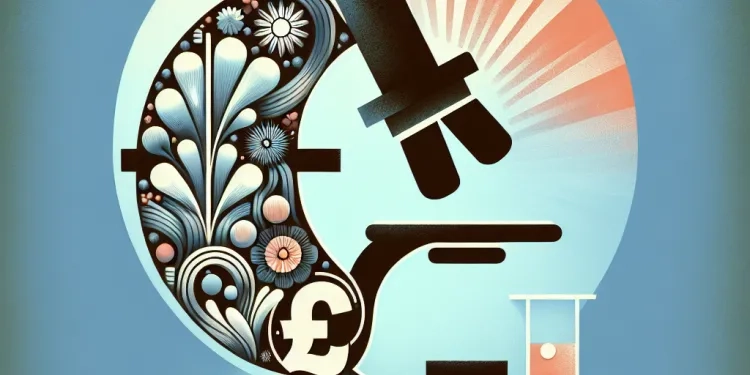
What should I do if I experience severe pain or bleeding after the test?
Relevance: 37%
-
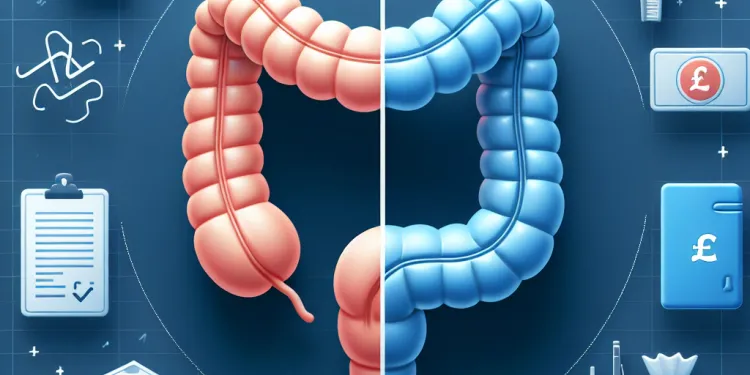
What is the difference between colon cancer and rectal cancer?
Relevance: 30%
-
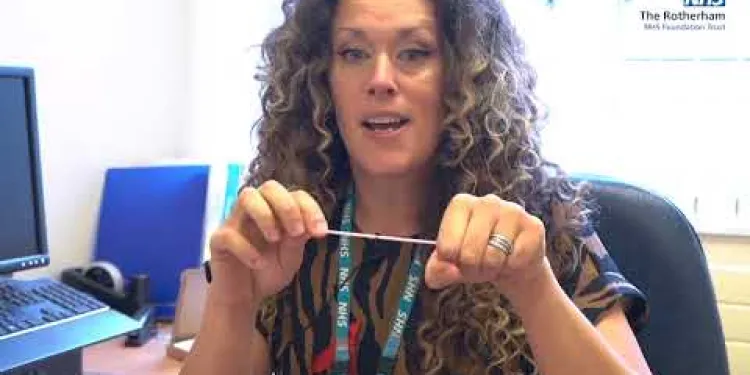
Rectal swab test for Gonorrhoea and Chlamydia
Relevance: 29%
-
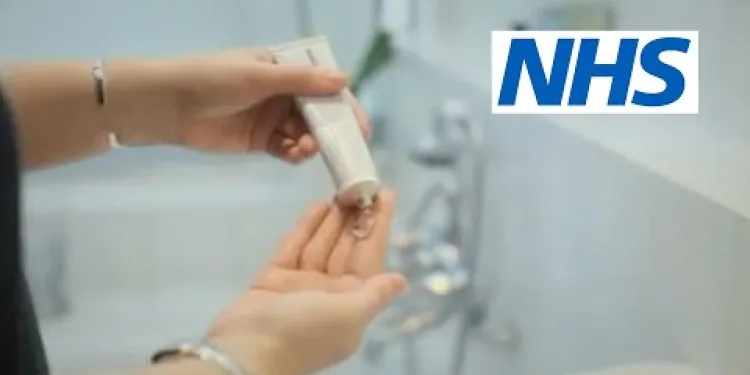
What can I do about haemorrhoids? | NHS
Relevance: 17%
-
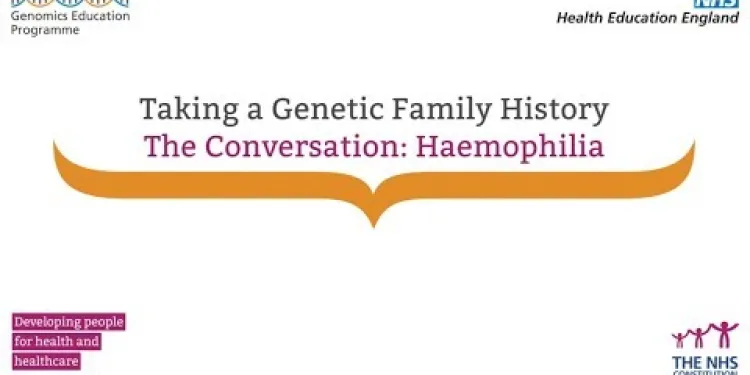
Haemophilia
Relevance: 17%
-
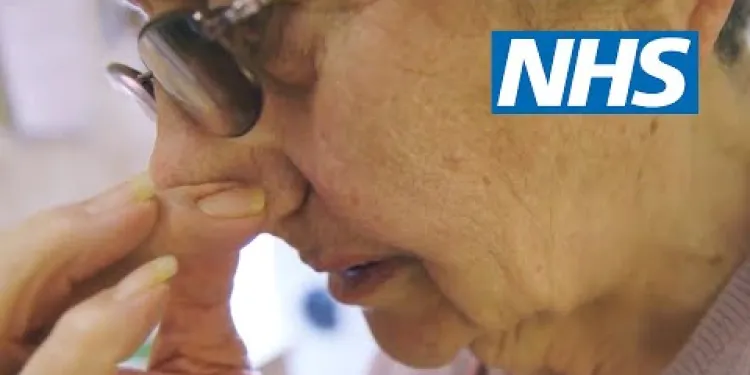
How to treat a nosebleed | NHS
Relevance: 17%
-
Should individuals with certain medical conditions avoid aspirin?
Relevance: 16%
-

What are the side effects of Aspirin?
Relevance: 15%
-
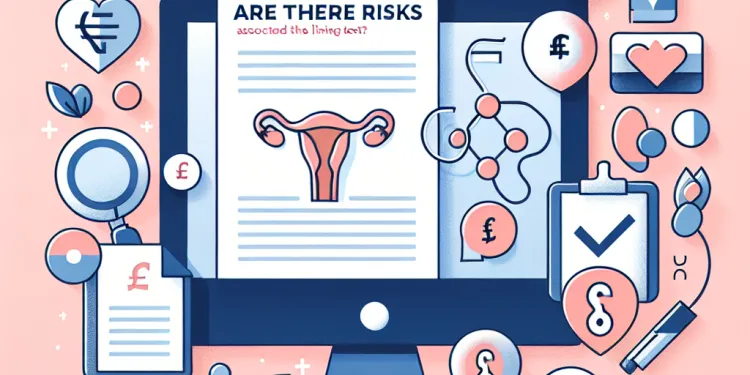
Are there any risks associated with the womb lining test?
Relevance: 15%
-

Can gonorrhoea infect areas other than the genital organs?
Relevance: 15%
-
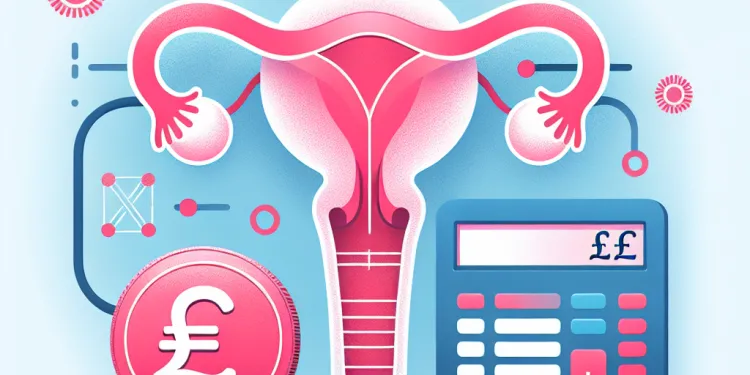
What is the Womb Lining test?
Relevance: 14%
-
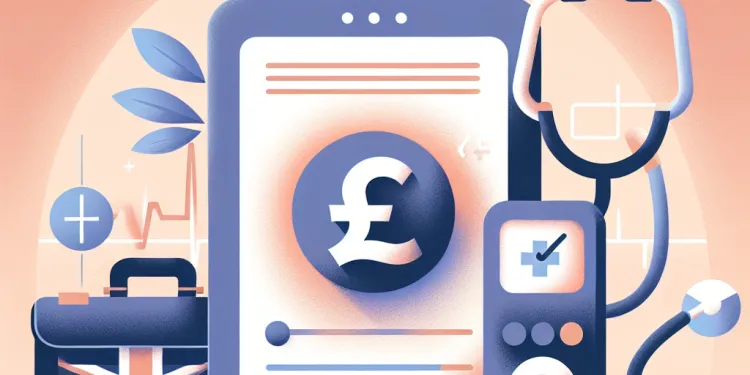
What happens after a womb lining test?
Relevance: 14%
-
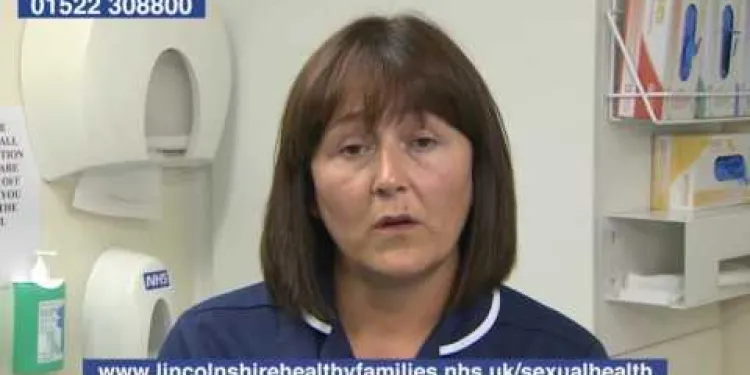
The symptoms of gonorrhoea
Relevance: 14%
-
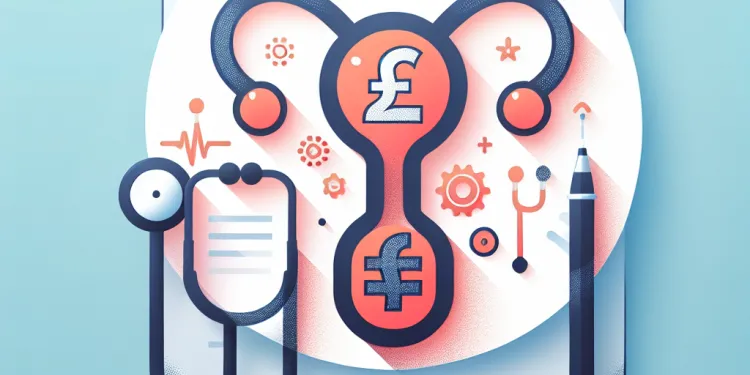
How is a womb lining test conducted?
Relevance: 14%
-

What are the symptoms of Marburg virus disease?
Relevance: 14%
-
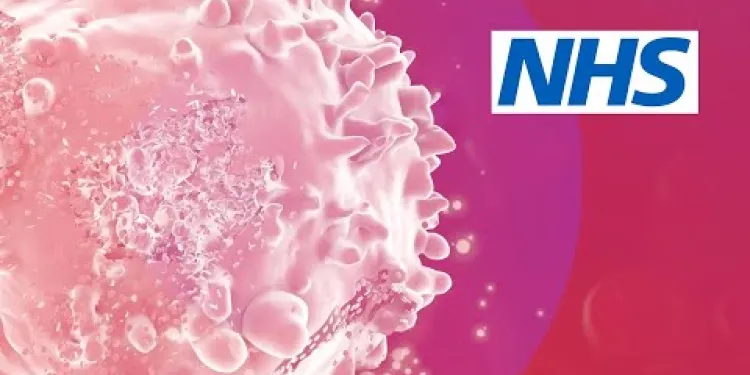
Leukaemia: What are the signs and symptoms? | NHS
Relevance: 13%
-
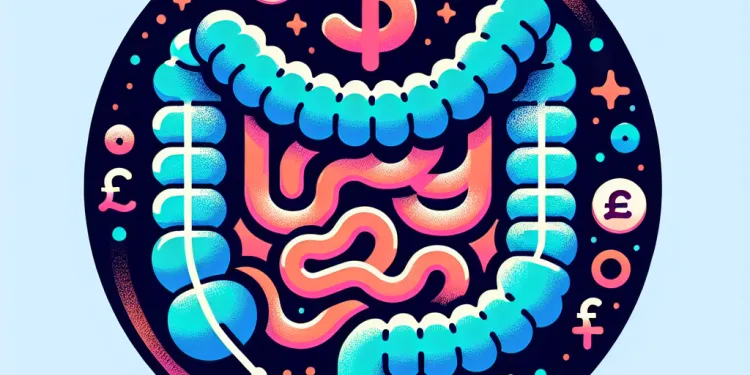
What is colorectal cancer?
Relevance: 13%
-
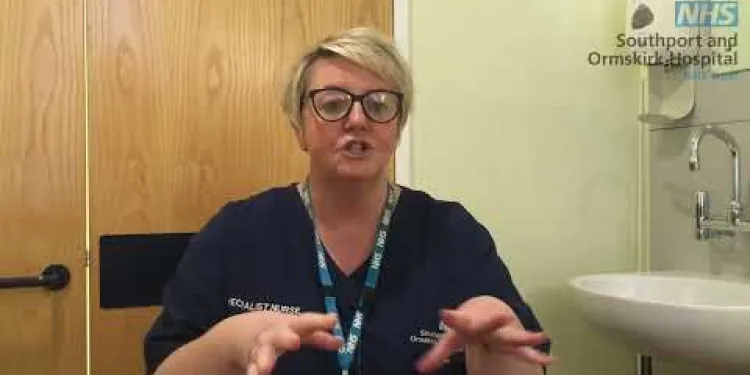
What to expect from your Colposcopy appointment
Relevance: 13%
-

What dosage of aspirin is considered effective for cancer prevention?
Relevance: 13%
-

What topics are covered in a first aid course?
Relevance: 13%
-
Is aspirin more effective for certain age groups in preventing colorectal cancer?
Relevance: 13%
-
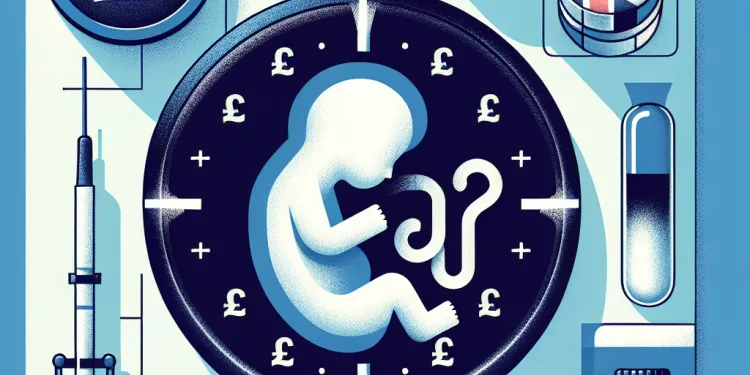
How long does it take to get results from a womb lining test?
Relevance: 13%
-
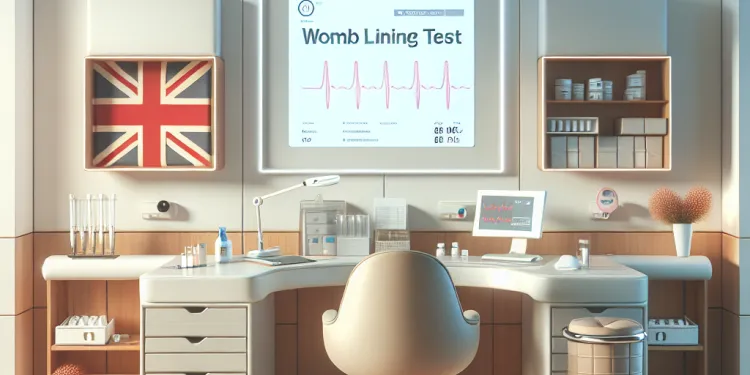
Is the womb lining test painful?
Relevance: 12%
-
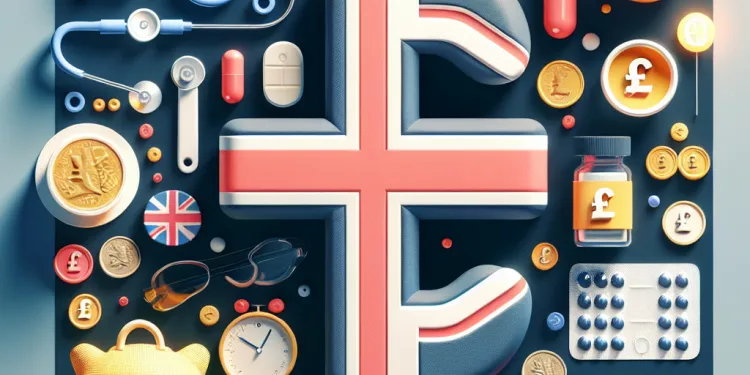
What is Anaemia (iron deficiency)?
Relevance: 12%
-
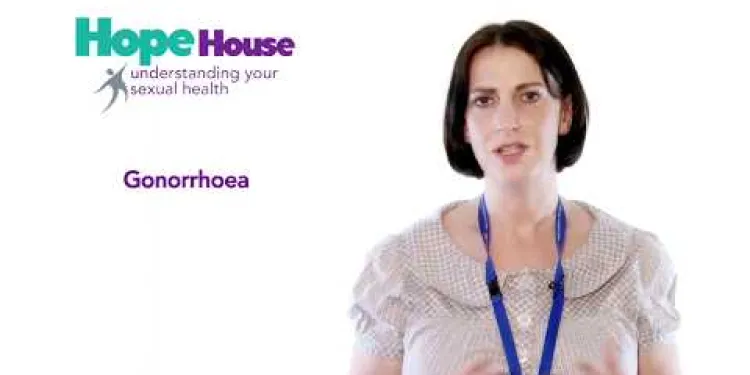
Understanding Your Sexual Health - Gonorrhoea
Relevance: 12%
-

Are anticoagulants effective in reducing stroke risk?
Relevance: 12%
-
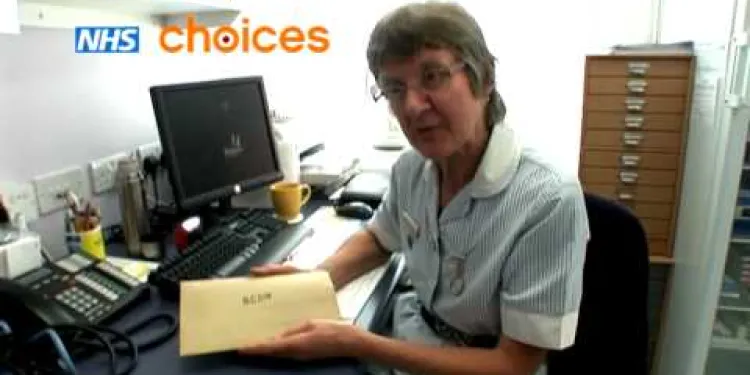
NHS - Chlamydia
Relevance: 12%
-
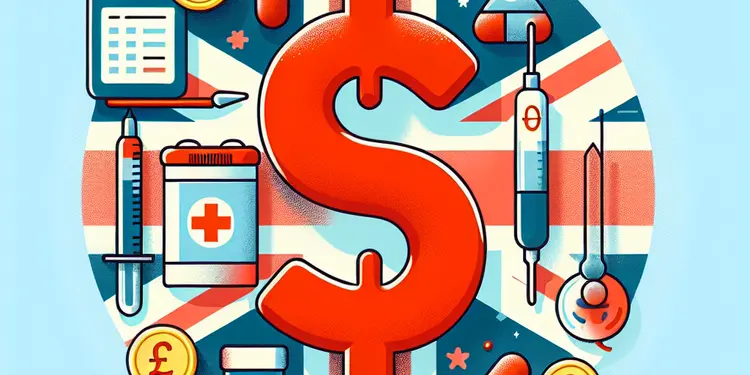
What is a fecal occult blood test?
Relevance: 12%
-
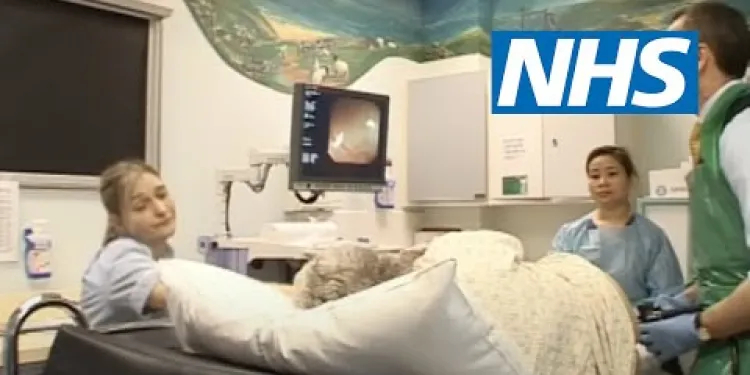
What happens during a colonoscopy? | NHS
Relevance: 12%
-

Are there risks associated with a womb lining test?
Relevance: 12%
-

What is the womb lining test?
Relevance: 12%
-
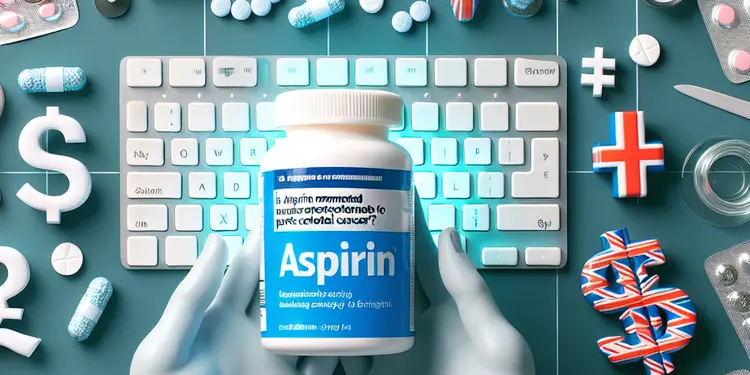
Is aspirin recommended for everyone to prevent colorectal cancer?
Relevance: 11%
-

What should someone from the UK do if they think they have Zika virus after traveling?
Relevance: 11%
-
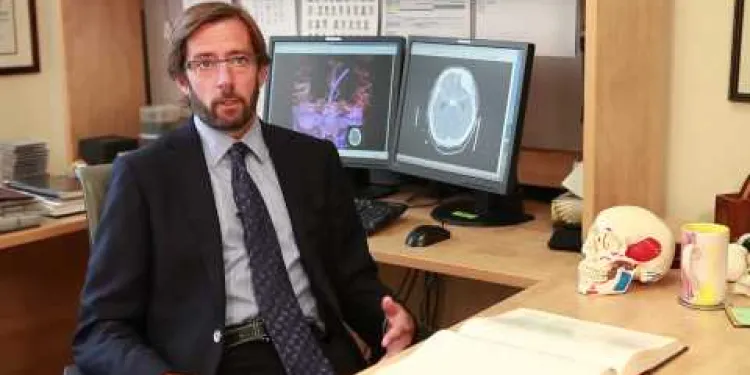
What is a Subarachnoid Hemorrhage?
Relevance: 11%
-
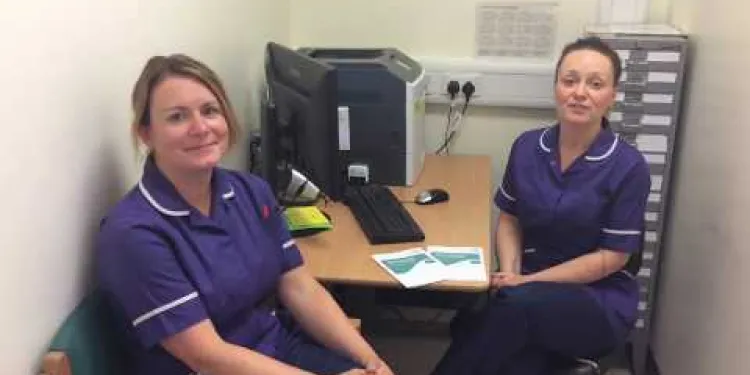
Having a colposcopy at Leeds Teaching Hospitals
Relevance: 11%
Understanding Rectal Bleeding
Rectal bleeding refers to any blood that passes from the anus. It is often noticed on toilet tissue or in the water after a bowel movement. Understanding the potential causes and when to seek medical advice can help manage this condition. In the UK, this is a common issue that should not be ignored.
Common Causes of Rectal Bleeding
There are many potential causes of rectal bleeding. One of the most common causes is hemorrhoids, which are swollen veins in the lower rectum or anus. They can be caused by straining during bowel movements, pregnancy, or obesity. Another common cause is anal fissures, which are small tears in the lining of the anus. More serious causes include colorectal cancer or polyps, inflammatory bowel disease (such as Crohn’s disease or ulcerative colitis), and diverticular disease, which is more common in older adults in the UK.
Symptoms Accompanying Rectal Bleeding
The symptoms associated with rectal bleeding can vary, depending on the underlying cause. Bright red blood on toilet paper or in the toilet bowl is a typical sign of hemorrhoids or anal fissures. Darker blood or blood mixed with stool might suggest a problem occurring higher in the digestive tract, such as a bleeding ulcer or colorectal cancer. Accompanying symptoms might include pain during bowel movements, changes in stool consistency or frequency, and unexplained weight loss.
When to Seek Medical Advice
Individuals in the UK should seek medical attention if they notice persistent, severe, or unexplained rectal bleeding, especially when accompanied by symptoms like severe abdominal pain, dizziness, or weakness, which could indicate significant blood loss. A GP may perform a digital rectal exam or recommend further investigations such as a colonoscopy to diagnose the underlying issue.
Preventing and Treating Rectal Bleeding
Preventative measures can include consuming a high-fibre diet to ease bowel movements, staying hydrated, and exercising regularly to maintain a healthy weight. Treatment for rectal bleeding depends on the cause. Over-the-counter treatments might suffice for minor hemorrhoids or fissures. For serious conditions, such as colorectal cancer, more intensive treatment will be necessary. Always consult a healthcare provider for appropriate diagnosis and treatment plans.
Understanding Rectal Bleeding
Rectal bleeding means blood comes from the anus. You might see this blood on toilet paper or in the toilet water after using the bathroom. Knowing why this happens and when to talk to a doctor can help you handle it. In the UK, this is a common problem and should not be ignored.
Common Causes of Rectal Bleeding
Rectal bleeding can happen for many reasons. The most common reason is hemorrhoids. These are swollen veins in the lower part of the rectum or anus. Hemorrhoids can occur if you strain while using the toilet, during pregnancy, or if you are overweight. Another reason is anal fissures, which are tiny cuts in the anus. Serious causes include bowel problems like colorectal cancer, polyps, Crohn’s disease, ulcerative colitis, and diverticular disease, which happens more often in older adults in the UK.
Symptoms Accompanying Rectal Bleeding
Symptoms with rectal bleeding can differ. Bright red blood on toilet paper or in the toilet is common with hemorrhoids or fissures. Darker blood or blood mixed with poop might mean a problem further inside, like a bleeding ulcer or bowel cancer. Other symptoms can include pain when using the bathroom, changes in how often you go, or losing weight without trying.
When to Seek Medical Advice
If you live in the UK and see rectal bleeding that doesn't stop, is severe, or cannot be explained, you should see a doctor. If there are signs like strong stomach pain, dizziness, or feeling very weak, these could mean a big loss of blood. A doctor might check by feeling inside the rectum or suggest more tests, like a colonoscopy, to find out why it's happening.
Preventing and Treating Rectal Bleeding
To stop rectal bleeding, eat more fibre to make using the toilet easier, drink plenty of water, and exercise to stay at a good weight. Treatment depends on why the bleeding happens. For small hemorrhoids or fissures, medicine from the chemist might help. Serious health problems like bowel cancer need more treatment. Always talk to a doctor for the right advice and treatment.
Frequently Asked Questions
What are the common causes of rectal bleeding?
Common causes of rectal bleeding include hemorrhoids, anal fissures, diverticular disease, inflammatory bowel disease, and colorectal polyps or cancer.
When should I seek medical attention for rectal bleeding?
You should seek medical attention if you experience severe bleeding, if the bleeding lasts more than a day or two, is accompanied by pain, changes in bowel habits, or if you have any other concerns such as weight loss or fatigue.
Is rectal bleeding always a sign of cancer?
No, rectal bleeding is not always a sign of cancer. It can be caused by various benign conditions such as hemorrhoids or anal fissures. However, persistent bleeding should be evaluated by a healthcare professional.
Can stress cause rectal bleeding?
While stress itself doesn't directly cause rectal bleeding, it can exacerbate conditions like hemorrhoids or inflammatory bowel disease, which may lead to bleeding.
How is rectal bleeding diagnosed?
Diagnosis may involve a physical examination, medical history review, and sometimes additional tests such as a colonoscopy, sigmoidoscopy, or stool tests to determine the cause of the bleeding.
Are there any lifestyle changes that can help prevent rectal bleeding?
Yes, maintaining a high-fibre diet, staying hydrated, exercising regularly, and avoiding straining during bowel movements can help prevent conditions that cause rectal bleeding.
What are hemorrhoids, and how do they cause rectal bleeding?
Hemorrhoids are swollen veins in the lower rectum or anus. They can cause bleeding if they rupture or become irritated.
Can diet affect rectal bleeding?
Yes, a diet low in fiber can lead to constipation and straining, which may cause or worsen conditions like hemorrhoids, potentially leading to rectal bleeding.
What are anal fissures, and what symptoms do they cause?
Anal fissures are small tears in the lining of the anus, often caused by passing hard stools. They can cause pain during bowel movements and slight rectal bleeding.
Can over-the-counter treatments help with rectal bleeding?
Over-the-counter treatments can help relieve symptoms of hemorrhoids, such as creams or suppositories. However, it's important to consult with a healthcare professional to ensure proper diagnosis and treatment.
Is rectal bleeding after childbirth common?
Yes, many women experience hemorrhoids and related rectal bleeding after childbirth due to pressure and straining. Symptoms usually resolve with time and proper care.
Can exercise cause rectal bleeding?
Strenuous exercise or lifting heavy weights may worsen existing hemorrhoids, possibly causing bleeding. It's important to use proper techniques and avoid excessive straining.
How can constipation lead to rectal bleeding?
Constipation can lead to straining during bowel movements, which may cause or worsen hemorrhoids or anal fissures, leading to rectal bleeding.
Do certain medications cause rectal bleeding?
Some medications, like non-steroidal anti-inflammatory drugs (NSAIDs), can increase the risk of gastrointestinal bleeding. Always discuss medication side effects with your doctor.
Is it normal to see bright red blood on toilet paper?
Bright red blood on toilet paper often indicates bleeding from hemorrhoids or an anal fissure. While it's commonly not serious, persistent or heavy bleeding should be evaluated.
What can cause bleeding from the bottom?
There are many reasons why someone might bleed from their bottom. Some common reasons are:
- Piles (another name for hemorrhoids): These are swollen veins in your bottom.
- Tears in the skin (also called anal fissures): These are tiny cuts or splits in the skin around your bottom.
- Diverticular disease: This is when small bulges form in the wall of the gut.
- Swelling in the gut (also called inflammatory bowel disease): This is when parts of your gut become red and swollen.
- Lumps in the bowel (also called polyps or cancer): These are growths that can appear inside the bowel.
If you ever see blood when you use the toilet, it's important to tell an adult and see a doctor. They can help find out what's wrong and how to make you better.
When should I see a doctor for bleeding from the bottom?
Go to the doctor if you are bleeding a lot. Also go if the bleeding does not stop after a day or two. If it hurts, changes how you go to the toilet, or if you feel weak, tired, or lose weight, talk to a doctor.
Does bleeding from your bottom mean you have cancer?
No, not always. Bleeding from your bottom can happen for many reasons. It could be because of piles (hemorrhoids), a cut, or something else. But it is important to ask a doctor to check it out. They can help find out what is causing it.
Remember, if you notice bleeding, tell an adult you trust and go to the doctor. It is always better to be safe and get it checked.
No, bleeding from your bottom is not always because of cancer. It can happen because of other problems like piles (hemorrhoids) or small cuts (anal fissures) around your bottom. But if the bleeding doesn't stop, you should see a doctor.
Can stress make you bleed from the bottom?
Stress doesn't make bleeding happen. But stress can make things like piles or tummy problems worse, and these can cause bleeding.
How do doctors find out why there is bleeding from the bottom?
The doctor might check your body, ask about your health history, and do some tests. These tests can include looking at your insides with a camera or checking your poop to see why you are bleeding.
Can changes in how I live help stop rectal bleeding?
Here are some simple tips to help:
- Eat more fruits and vegetables. They have lots of fiber which helps your tummy.
- Drink plenty of water. It helps keep everything moving smoothly in your body.
- Exercise regularly. Moving your body is good for you.
- Don't sit for too long. Stand up and walk around if you can.
- Talk to a doctor if you're worried. They can help.
Using these simple steps can help you feel better. You might also try writing things down to remember them. If reading is hard, ask someone to read with you. You're doing a great job by learning more!
Yes, eating foods with lots of fibre, drinking plenty of water, exercising often, and not pushing too hard when going to the toilet can help stop problems that make you bleed from your bottom.
What are piles, and how do they make you bleed from your bottom?
Piles are swollen lumps inside or around your bottom. They can make it hurt or itch and sometimes make you bleed when you go to the toilet.
If you want to learn more, you can ask a doctor or a nurse. They can help and answer your questions.
Hemorrhoids are veins that become big and swollen in the lower part of your bottom or back passage. They can bleed if they break or get sore.
Can food make your bottom bleed?
Yes, eating foods with little fiber can make it hard to poop. This can cause straining when you try to go to the bathroom. Straining might lead to problems like hemorrhoids, which can cause bleeding from the bottom.
Here are some tips to help:
- Eat more fruits and vegetables. They have lots of fiber.
- Drink plenty of water every day.
- Try to walk or move around often.
What are tears in the bottom, and what signs do they cause?
Anal fissures are small tears or cuts in the skin around the bottom (anus). They can happen when you have hard or large poop.
Signs that you may have an anal fissure include:
- Pain during or after pooping.
- Itching around the bottom.
- Spots of blood on the toilet paper.
If reading is hard, try using tools that read out loud or show pictures. They can help you understand better.
Anal fissures are small cuts in the skin around your bottom. They usually happen when you poop out hard stools. Fissures can hurt when you go to the toilet and might cause a little bleeding.
Can I use store-bought medicine to help with bleeding from the bottom?
You can buy creams and medicines from the store to help with the pain and itching of hemorrhoids. But it is important to talk to a doctor or nurse to make sure you get the right help.
Is it normal to bleed from the bottom after having a baby?
Yes, many women get sore bumps called hemorrhoids and may bleed from their bottom after having a baby. This happens because of the pressure and pushing during childbirth. These problems usually go away with time and good care.
Can exercise make you bleed from your bottom?
Sometimes, a lot of exercise can cause bleeding from your bottom. If this happens, it is important to tell an adult or a doctor.
- Rest if you feel any pain.
- Drink lots of water.
- Eat healthy foods.
If the bleeding does not stop, see a doctor.
Doing hard exercise or lifting heavy things can make hemorrhoids worse. This might cause bleeding. It's important to use the right ways to lift and not to strain too much.
Why does constipation sometimes cause bleeding?
When you are constipated, it can be hard to poop. You might need to push a lot. This can make your bottom hurt and bleed.
Ways to feel better:
- Drink lots of water.
- Eat fruits and veggies.
- Move around and exercise each day.
If your bottom keeps bleeding, tell a grown-up or see a doctor.
When you have trouble pooping, you might push too hard. This can hurt your bottom and make it bleed.
Can some medicines make you bleed from your bottom?
Some medicines, like pain relievers called NSAIDs, can hurt your tummy and make it bleed. Always talk to your doctor about how medicines can affect you.
Is it okay to see red blood on toilet paper?
Seeing bright red blood after going to the toilet can be a bit scary. But sometimes, it's not a big problem. This can happen if you have a small cut or a sore near your bottom.
If it keeps happening or you feel worried, it's a good idea to tell a grown-up. They can help you decide if you need to see a doctor. Remember, doctors are there to help and make sure you feel better.
Using soft toilet paper and being gentle when wiping can help. It's also important to drink lots of water and eat fruits and veggies to keep your tummy happy.
If you see bright red blood on toilet paper, it might mean you have bleeding from piles (also called hemorrhoids) or a small tear in your bottom (called an anal fissure). This is usually not serious, but if the bleeding does not stop or there is a lot, you should see a doctor.
Useful Links
This website offers general information and is not a substitute for professional advice.
Always seek guidance from qualified professionals.
If you have any medical concerns or need urgent help, contact a healthcare professional or emergency services immediately.
Some of this content was generated with AI assistance. We’ve done our best to keep it accurate, helpful, and human-friendly.
- Ergsy carfully checks the information in the videos we provide here.
- Videos shown by Youtube after a video has completed, have NOT been reviewed by ERGSY.
- To view, click the arrow in centre of video.
- Most of the videos you find here will have subtitles and/or closed captions available.
- You may need to turn these on, and choose your preferred language.
- Go to the video you'd like to watch.
- If closed captions (CC) are available, settings will be visible on the bottom right of the video player.
- To turn on Captions, click settings .
- To turn off Captions, click settings again.
More Items From Ergsy search
-

Bleeding from the bottom rectal bleeding
Relevance: 100%
-

Bleeding from the bottom rectal bleeding
Relevance: 97%
-

Heavy periods (heavy menstrual bleeding)
Relevance: 42%
-

What should I do if I start bleeding during early pregnancy? | NHS
Relevance: 39%
-

Post Menopausal Bleeding Clinic | A Guide to What Happens at An Appointment
Relevance: 37%
-

What should I do if I experience severe pain or bleeding after the test?
Relevance: 37%
-

What is the difference between colon cancer and rectal cancer?
Relevance: 30%
-

Rectal swab test for Gonorrhoea and Chlamydia
Relevance: 29%
-

What can I do about haemorrhoids? | NHS
Relevance: 17%
-

Haemophilia
Relevance: 17%
-

How to treat a nosebleed | NHS
Relevance: 17%
-
Should individuals with certain medical conditions avoid aspirin?
Relevance: 16%
-

What are the side effects of Aspirin?
Relevance: 15%
-

Are there any risks associated with the womb lining test?
Relevance: 15%
-

Can gonorrhoea infect areas other than the genital organs?
Relevance: 15%
-

What is the Womb Lining test?
Relevance: 14%
-

What happens after a womb lining test?
Relevance: 14%
-

The symptoms of gonorrhoea
Relevance: 14%
-

How is a womb lining test conducted?
Relevance: 14%
-

What are the symptoms of Marburg virus disease?
Relevance: 14%
-

Leukaemia: What are the signs and symptoms? | NHS
Relevance: 13%
-

What is colorectal cancer?
Relevance: 13%
-

What to expect from your Colposcopy appointment
Relevance: 13%
-

What dosage of aspirin is considered effective for cancer prevention?
Relevance: 13%
-

What topics are covered in a first aid course?
Relevance: 13%
-
Is aspirin more effective for certain age groups in preventing colorectal cancer?
Relevance: 13%
-

How long does it take to get results from a womb lining test?
Relevance: 13%
-

Is the womb lining test painful?
Relevance: 12%
-

What is Anaemia (iron deficiency)?
Relevance: 12%
-

Understanding Your Sexual Health - Gonorrhoea
Relevance: 12%
-

Are anticoagulants effective in reducing stroke risk?
Relevance: 12%
-

NHS - Chlamydia
Relevance: 12%
-

What is a fecal occult blood test?
Relevance: 12%
-

What happens during a colonoscopy? | NHS
Relevance: 12%
-

Are there risks associated with a womb lining test?
Relevance: 12%
-

What is the womb lining test?
Relevance: 12%
-

Is aspirin recommended for everyone to prevent colorectal cancer?
Relevance: 11%
-

What should someone from the UK do if they think they have Zika virus after traveling?
Relevance: 11%
-

What is a Subarachnoid Hemorrhage?
Relevance: 11%
-

Having a colposcopy at Leeds Teaching Hospitals
Relevance: 11%


